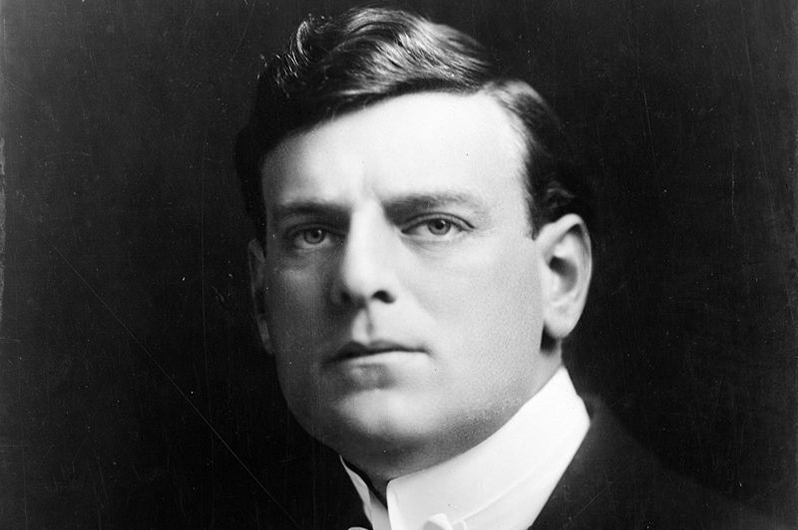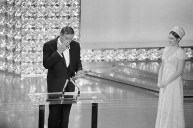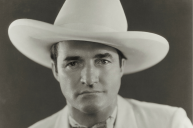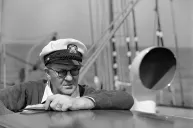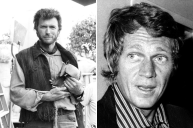We all know the names John Wayne and Tom Mix, but if you look a little farther back at early Hollywood, it was another name that first pioneered motion pictures set in the Old West. Gilbert M. 'Broncho Billy' Anderson went down in history as the very first movie star of the western film genre.
Videos by Wide Open Country
Born Maxwell Henry Aronson to a Jewish family in Little Rock, Arkansas, Anderson moved to New York City when he was just 18 years old. After supporting himself by working in vaudeville and the theater, he was discovered by the famous film director, Edwin S. Porter. His life would be forever changed after discovering the film industry.
Porter cast Anderson in his short film in 1903, The Great Train Robbery. The film was said to be inspired by the famous Butch Cassidy train robbery from 1900. The film was a massive success, not only the first American western film, but also one of the earliest "blockbusters." Anderson was hooked and decided to dedicate the rest of his life to exclusively working on films. He even officially changed his name to Gilbert M. Anderson.
Read More: 'Gunsmoke' Co-Star Ken Curtis Also Found Success in Western Films, Country Music
In 1907, Anderson founded Essanay Studios with George Kirke Spoor, one of the earliest film studios. In addition to acting, Anderson started writing and directing his own films. He even directed Mr. Flip, which was the first film to use the "pie in the face" form of comedy. But Anderson really made a name for himself by starring in over 100 silent films as "Broncho Billy," the first big cowboy star in Hollywood.
Spoor stayed in Chicago to manage their company while Broncho Billy Anderson hit the road with a film crew. They shot many films along the Western Pacific Railroad as well as in the small town of Niles, California. One of the most iconic American actors of all time, Charlie Chaplin, who had been hired to make a series of short films for Essanay, even made a guest appearance in one of Broncho Billy's films. Anderson had an incredibly impressive filmography, with 469 credits as a director and 349 as an actor.
In 1958, Anderson was the recipient of an Honorary Academy Award for being a motion picture pioneer. Though Anderson passed away in 1971, his contributions to Hollywood's Wild West have continued to be honored posthumously. He was inducted into the Western Performers Hall of Fame at the National Cowboy & Western Heritage Museum in Oklahoma City and has a star on the Hollywood Walk of Fame to honor his celebrated career.
Now Watch: This Matt Dillon Action Figure is Perfect for 'Gunsmoke' Fans
https://rumble.com/embed/u7gve.v71jtz/
